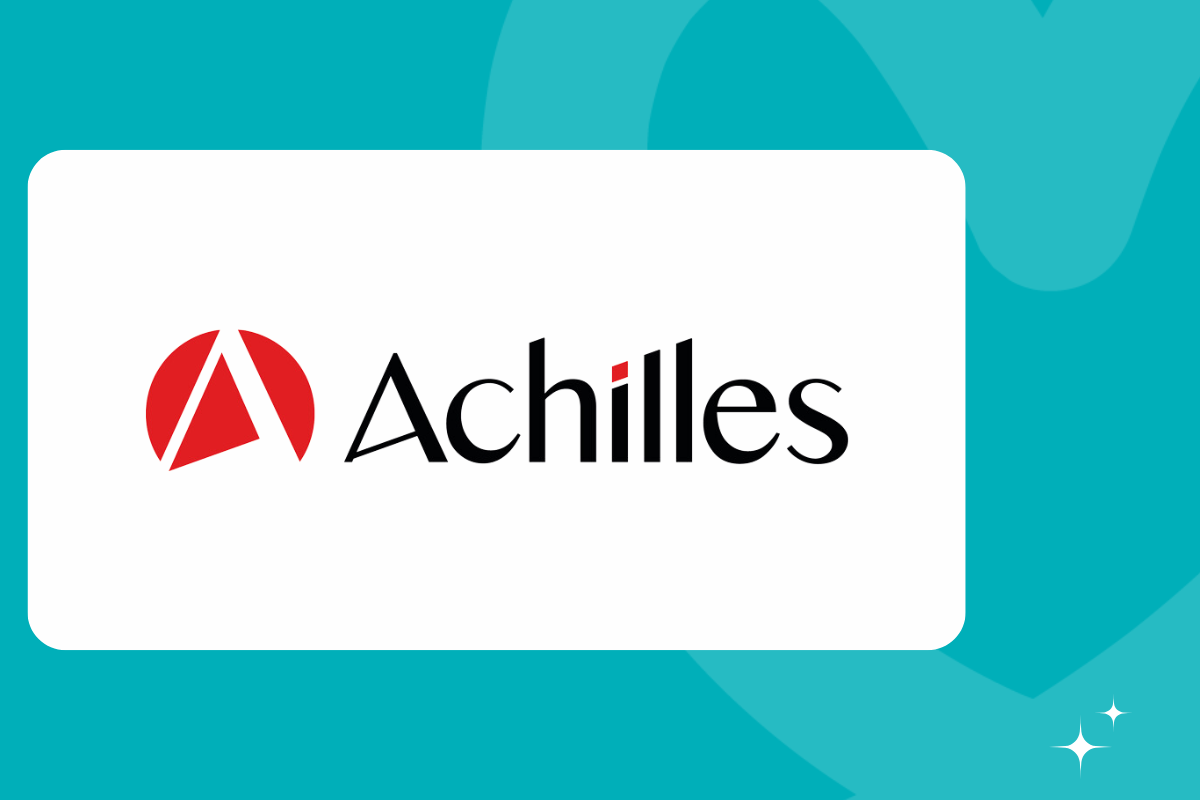Client Overview: Achilles is a world leading provider of supply chain risk assessment, supply chain performance and carbon management solutions supporting environmentally and ethically-conscious organisations to make a just transition to a low-carbon future.
Challenge: Achilles identified a gap in their approach to employee wellbeing around grief and bereavement. As Isobel Davies, Head of HR, explains:
“We had several colleagues who had recently suffered a bereavement and wanted to help them and their colleagues/managers to better understand and respond appropriately at work.” While the company had a Compassionate & Bereavement Leave Policy, there had not been any focused training on how to address grief in the workplace on a practical level.
Objective: Achilles sought to provide all colleagues with the tools and confidence to navigate grief, whether personally or when supporting others. This included managers, who needed guidance on what to say or do, both initially and in the long term. As Isobel notes, “We were hoping for team members and managers to feel less awkward and more confident in knowing what to say or what not to say and do, and to understand that people will approach grief at work in different ways.”
Solution: To address these needs, Achilles partnered with us to deliver grief training sessions tailored to the workplace.
One session focussed on managers
Four additional sessions were open to the whole staff
We concentrated on understanding individual grief responses and how colleagues and managers can provide appropriate support. “Louise’s approach was pragmatic and culturally sensitive, offering real-life examples and stories to connect with the team.”
Results: The impact of the sessions was felt immediately across the organisation:
Increased Confidence and Understanding: “Employees and managers now feel more confident to talk about grief,” says Isobel, adding, “The content really resonated with the realities the team faces, with the content being pragmatic and real, supported with examples and stories.” Attendees also appreciated the acknowledgment of different cultural approaches to grief, which helped foster a more inclusive environment.
Positive Engagement: The sessions were well-attended, and the team engaged thoughtfully with the material. Isobel noted, “The level of attendance and engagement was good, stimulating some interesting observations and questions for Louise.”
Insightful Takeaways: The key insight gained from the sessions was the understanding that there is no uniform response to grief. As Isobel reflects, “Immediate insights were that you can’t expect people to behave or feel in a certain way. Everyone is different, and we need to respect that.”
Practical Impact on Communication: Managers began applying the insights from the sessions right away. “I have already had conversations with managers who are supporting team members with grief who attended one of the sessions, and we’re talking the same language, recognising Louise’s content,” Isobel shared.
Long-term Benefits: The training has had a lasting impact on Achilles’ approach to supporting grieving employees. While no dramatic cultural shifts were necessary, given the company’s existing supportive ethos, the sessions fostered greater empathy and understanding. “More consideration is given to colleagues dealing with grief, with better understanding and empathy,” Isobel reports. This has helped build on Achilles’ collaborative workplace culture.
Conclusion: Achilles proactive response to grief in the workplace has empowered both employees and managers.
“Employees and managers feeling more confident to talk about grief was the biggest success for us.”
Through these grief training sessions, Achilles continues to cultivate a compassionate and empathetic work environment, helping colleagues navigate the complexities of grief with care and understanding.


